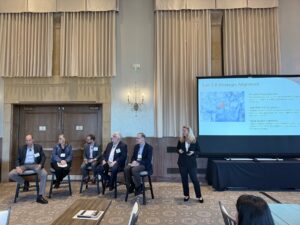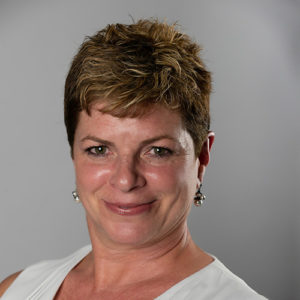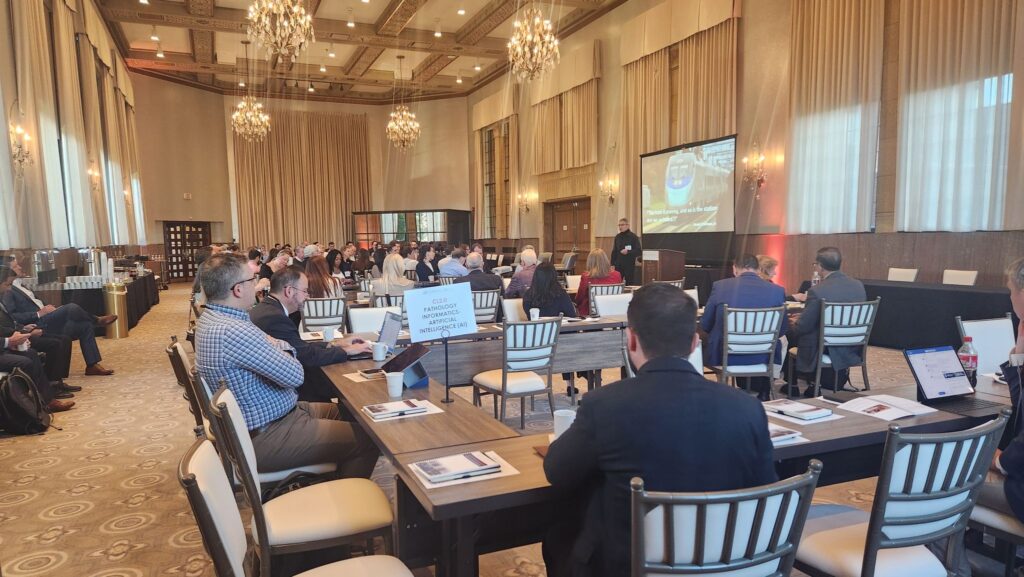Lab2.0 Colloquium 2025: Our Future is Here
I have returned from the CL2.0 Conference held outside of Detroit, and I can say I’ve seen the light at the end of the tunnel (and no, it’s not an oncoming train, though I know sometimes it can feel that way)! To gather with the visionaries of our industry and work towards a better way of providing healthcare was an extraordinary opportunity for all of us in attendance.
 The Mission
The Mission
The Project Santa Fe Foundation is a nonprofit that, as stated on their website, is a collection of lab leaders “coming together to create a disruptive value paradigm and explore alternative business models that expand the role of diagnostic services in the future healthcare ecosystem.” This is a global movement proactively responding to the changing clinical laboratory landscape as the world of healthcare evolves. Simply put, the organization is evaluating how to facilitate better outcomes for patients, providers, and financial stakeholders to create a future of value-based healthcare. U.S. HealthTek has been a supporter and is proud to currently serve as a Gold Sponsor.
All the events at this closed-door conference focused on improving population health through providing proactive rather than reactive healthcare. A good example is diagnosing and treating kidney disease to avoid chronic kidney disease (CKD). When caught early, providers can work with patients to control blood pressure, manage blood sugar, and reduce protein loss in the urine. Early intervention helps reduce the risk of hypertension, heart failure and stroke while untreated CKD greatly increases cardiovascular risk because damaged kidneys can no longer regulate blood pressure or maintain healthy blood vessel function.
Four Key Committees
This closed-door colloquium was co-hosted by Henry Ford Health and our good friends at COLA. This think-tank event gives scientific and C-Suite leadership a seat at the table to contribute to the direction of the CL2.0 movement. The key strategic committees defined by Lab2.0 include:
- Business-Alternative Payment Model. Leverage lab data and the experts who interpret it to deliver real-time, longitudinal insights – enabling better health monitoring, risk management, improved outcomes, and appropriate reimbursement.
- Education. Educate and unite healthcare providers, laboratorians, and public health experts to foster collaboration between laboratory diagnostics to enhance population health outcomes.
- Multi-Institutional Demonstration Projects. Showcase the value of laboratory testing across the healthcare ecosystem through data-driven, reproducible initiatives that improve outcomes, reduce costs, and provide clear insights for stakeholders—supported by actionable plans for larger, more complex operations.
- Pathology Informatics – Artificial Intelligence. Enhance public health outcomes and confidence in laboratory services by leveraging AI for proactive healthcare interventions and integrated diagnostic support.
Advancing the Work
Lab2.0’s forward-thinking initiative aims to create a unified public health infrastructure that uses predictive analytics, early detection and personalized health interventions to improve population health and reduce costs while maintaining an emphasis on diagnostic stewardship.
The healthcare landscape is constantly evolving—driven by advances in testing and ongoing legislative changes at all levels—making it increasingly challenging to deliver adequate care to every population. I invite you to join us in creating a comprehensive infrastructure that leans on predictive analytics, early detection, and personalized health inventions to improve health while reducing cost. CL2.0 is ultimately about maintaining diagnostic stewardship.

U.S. HealthTek’s Cristy Reiter.
I came away inspired and replenished with optimism about healthcare. It reminded me of the goals of the ACA (Obamacare) in promoting accountable care organizations. This movement, which aims to provide population health through the heath system, brings that vision closer to reality. The passion of everyone in attendance was buoyed by the understanding that this change is both necessary and attainable, and left us all motivated to do our part.
We are already looking forward to continuing the conversation at the 9th Annual Clinical Lab 2.0 Workshop in March, which will be held in Chicago. I hope to see you there, and as they like to say, let’s put the future into practice.


